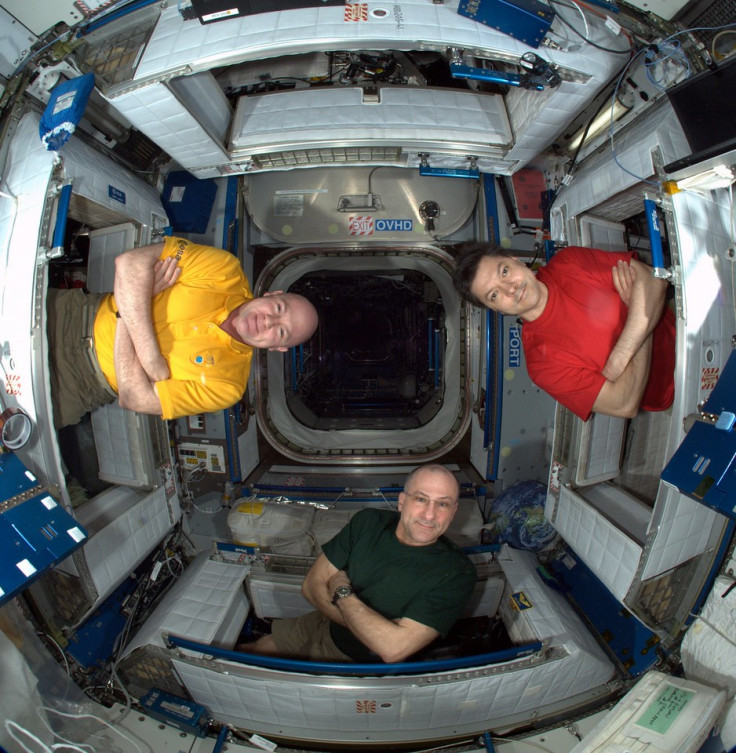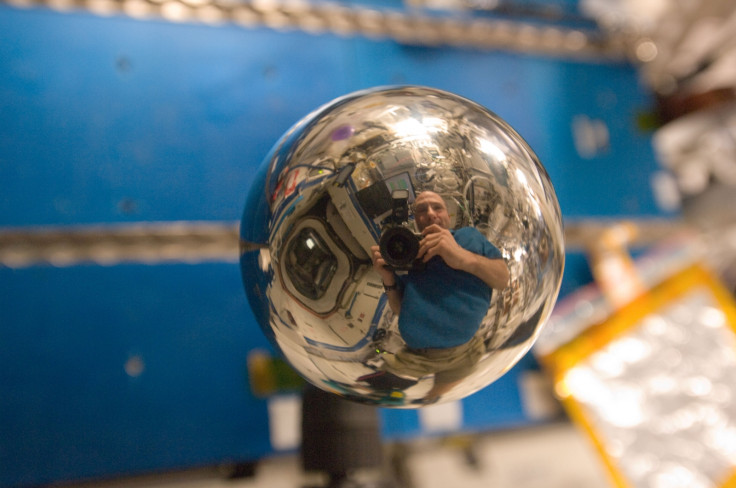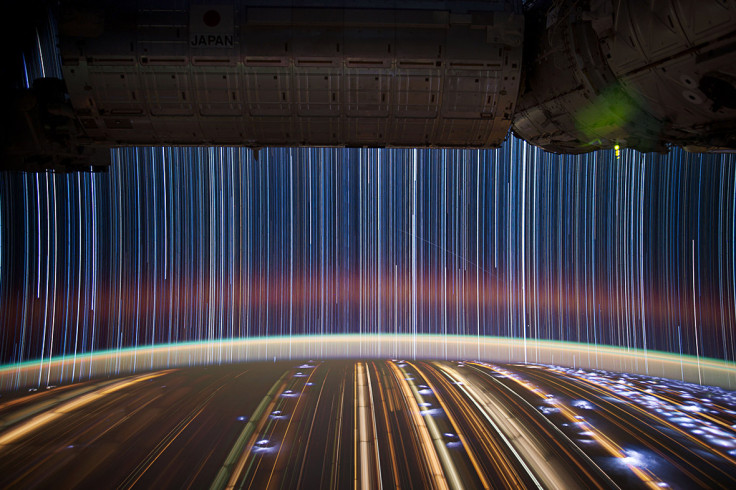Nasa astronaut Don Pettit: Next logical step is to go back to the Moon - then Mars and beyond
International collaboration is central to the future of human space exploration – that and imagination.
The next logical step in human space flight is to return to the Moon, Nasa astronaut Don Pettit has said. Unfortunately, we no longer have the technology to get there and rebuilding it is painfully time-consuming and expensive.
Pettit was speaking at the Space for Innovation conference at London's Science Museum – an event held to highlight the future of human and robotic space travel. One of the focuses of the meeting was looking at how the International Space Station has served as a centrepiece of human space exploration", with scientists from over 90 nations working together to further innovation.
As one of the astronauts who worked on the construction of the ISS, Pettit told IBTimes UK the changes to the space station since it launched in 1998 have been huge: "My first trip to space station was a construction site. It's like living in your house while you're building it. Having a bucket where the kitchen sink is supposed to be but your still having to make dinner. As it improved the power capability increased by a power of four, the volume increased by a factor of three and the crew by a factor of two."
Since his first visit, Pettit has been to the ISS on several missions – two of which were long duration stays. As a result, he has seen first-hand the importance of international collaboration between different nations across the globe to further human achievements in space.

"International collaboration I believe is essential for space exploration it provides robustness to the technology of exploration," he said. "Each country has a different means of approaching the same problem and when one countries technology fails you can rely on the other countries technology to get you through that particular issue.
"A classic example is with space shuttle Colombia burning up in the atmosphere, space station continued because we relied on Russia's Soyuz rockets. That's an example where international aspect of the space station adds a robustness. Where one countries technology fails other countries can pick up the slack and keep the process going."
Unfortunately the cost and politics involved in space travel act as an impediment. "Politics always gets in the way of any high and mighty adventure that also takes the finances of countries – of societies – in order to do," he said. "Exploring space is expensive. Right now its too expensive for any single country or company to do so you have to work together to make it happen."

And this is something the ESA is working towards. Speaking conference, director general Jan Woerner said the agency is looking to open up to partnerships beyond the current 22 member states.
"ESA is international organisation," he said. "We have the possibility to join forces with every state in the world. We have this diverse structure already, we know how to handle outside collaboration. One of the clear understanding to open up to more partnerships, but also to open up to more partnerships in industry."

One mission Pettit is keen on is the ESA's proposal for a Moon village – a base on the surface of the Moon where scientists can work, while also potentially serving as a launch pad for future missions. "The lunar base is bound to happen – it's the next logical step," he said. "I'd go to the moon in a nanosecond. The problem is we don't have the technology to do that anymore. We used to but we destroyed that technology and it's a painful process to build it back again."
Nasa is currently working on projects to develop a manned mission to Mars. However, the technology required is still some way off. "Going to Mars should be one of the next series of steps humans do. But the first step should be going back to the moon for a number of technological and exploration reasons. Then after that Mars and then maybe high orbit in Venus atmosphere, maybe to Europa."
For now, however, manned space travel remains within the confines of the ISS – which is certainly no bad thing. Speaking of the experience of being there, he said: "For me sleeping in a weightless environment is wonderful. You wake up in the morning and you feel 20 years old again. You're ready to charge off on the day.

"It's wonderful to look at earth from space. I look at it from the eyes of a scientist type where you can see all sorts of geological features. There's a lot of features on earth that you can't see if you're walking on it – you've got to step back. It is privileged position. I've had the privilege of seeing two total solar eclipses from orbit. I've never seen from earth, but from orbit seen two. The amazing thing is you can see the shadow cast from Earth."
Both on the ISS and back on Earth, Pettit has become known for his photography. He is due to release a book of his images later this year. He believes engagement with space exploration has become far greater as a result of being able to share pictures with the public back on Earth.

"I love photography whether on or off of Earth. Taking pictures in space presents a wonderful environment to do a range of imagery that captures people's imagination – because it's something they haven't seen before.
"Photography plays a central role in sharing the experience of exploration. How much photography do we have from 17<sup>th century? Obviously none because it wasn't invented. But just think what they could have shared in their transoceanic voyages if had photography. It really came into the field of exploration maybe in 1860s and certainly was central to the arctic and Antarctic exploration – sharing what those expeditions were about and the conditions under which people lived. And that is what makes photography central to sharing the experience of space to all the people on the planet."
And it is imagination that will encourage human space exploration of the future: "The only limit to human future is in our own imaginations," he said. "And our willingness to do something about it."
© Copyright IBTimes 2025. All rights reserved.






















